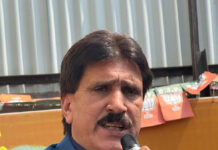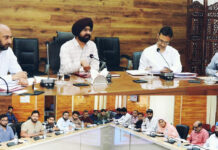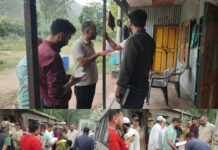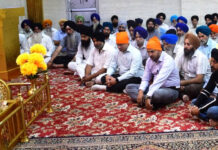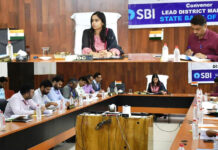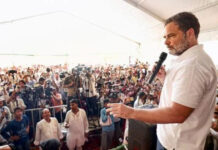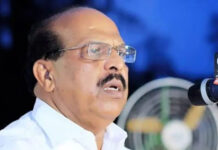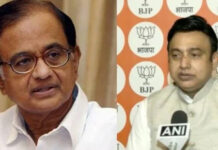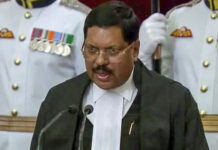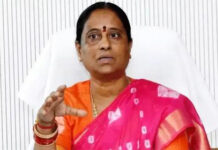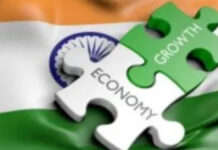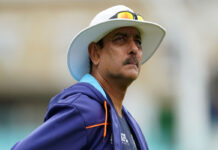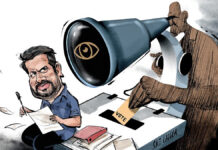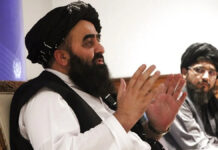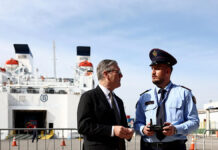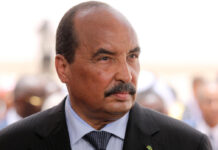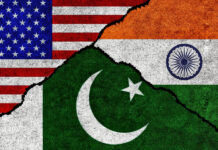Having failed to prove majority in Parliament, the Oli-led Government has shoved the country into the throes of uncertainty
Despite a protracted political battle, the ruling Communist Party of Nepal (UML) failed to prove majority in the Lower House of Parliament on May 10. Prime Minister KP Oli held a series of meetings with the Opposition, including the Nepali Congress and the Janata Samajbadi Party, for support after the erstwhile faction of the CPN(UML) led by former Prime Minister Pushpa Kamal Dahal ‘Prachanda’ withdrew support to the Government. In March this year, the Supreme Court had ordered against the dissolution of the House of Representatives by Oli amid his rift with party chairman Prachanda. This House was elected in January 2018 after Maoist Party chief Prachanda had agreed to merge his party with the Oli-led UML. However, the Government’s downfall was inevitable as neither of the leaders had an ideological clarity nor a will to end the race for the premiership.
As Nepal is witnessing a significant health crisis amid the second peak of COVID-19, the political upheaval comes as an extra burden for the Nepalese people. An egoist, authoritarian and assertive Prime Minister, Oli has finally plunged Nepal into a political and humanitarian crisis. The healthcare system in Nepal was already in a shambles after the 2015 earthquake. While the political parties could have worked on improving health, education and employment in the post-earthquake phase, they all chose to deal with personal equations to be in power. In the last 10 years alone, Nepal has seen more than five Prime Ministers, with none completing their tenure.
Panic Plea: In a humanitarian plea to the international community, Oli, in an article in The Guardian, wrote: “The rise in the number of infections poses a serious challenge to our brave doctors, nurses, other care providers, citizen volunteers and the entire health service system.” He added: “(Amid the) constraints of resources and infrastructure, the pandemic is turning out to be an overwhelming burden. I have, therefore, appealed to the international community to help us with vaccines, diagnostic tools, oxygen kits, critical care medicines and equipment, to support our efforts to save lives.” However, one needs to question the Prime Minister and his Cabinet whether they ever planned to bring in people-oriented policies for the nation’s welfare. At its best, Nepal lacks all fundamental policy frameworks concerning its disaster management, humanitarian crisis or foreign policy. As a result of Oli’s follies, his plea received a mixed response from the international community as in his two years-plus administration, Oli has isolated Nepal from the international community by failing to engage with them to serve the Chinese.
For instance, Nepal’s geographical constraints notwithstanding, Oli chose to badmouth India’s goodwill for political gains and compromised Nepal’s integrity by signing the Treaty of Mutual Legal Assistance with China and allowing its embassy to micromanage local affairs. Besides, corruption charges in the procurement of medical supplies to fight COVID-19 led to the Army’s intervention last year.
The Wrong Advice: Advised by a handful of sycophants, Oli has isolated Nepal from a friendly United States. The latter has stood to the goodwill and democratic aspirations of the Nepalese people. At the same time, the US is irked with Oli after he showed no interest in joining the Millennium Challenge Cooperation (MCC), aiming to provide affordable and green transportation, electricity, regional security, peace and development to partners, only because China calls it a military platform. The US has often requested Nepal to consider the MCC as a priority. Still, all successive Communist Governments, especially Oli, have made it a US versus China deal.
Oli continues to be the acting Prime Minister until other parties are invited to prove their majority to form a new government. Considering Oli’s quest for absolute control over the Government and political affairs, he will attempt to derail the formation of a new Government. In the past, too, Oli has misused the office in bringing new laws and dissolving the House.
Conclusion: Oli’s ultra-nationalistic outlook and power hunger are at the heart of the people’s agony in Nepal. He chose to engage in a verbal spat with India when he could have asked India for humanitarian help last year. On the contrary, India still provided Nepal with vaccines and timely supplies of medical equipment. At present, to its best efforts, India will have the challenge to send prompt help to Nepal considering the crises at home. However, it is a wake-up call for the political leadership in Nepal to balance its foreign policy and bring in policies for the welfare of the people. While Oli holds the biggest responsibility for plunging Nepal into the current crisis, the Maoists, Nepali Congress and the Janata Samajbadi Party equally hold the responsibility for derailing Nepal’s developmental process in the past. For a fact, bringing down a democratically elected Government has become popular culture in Nepalese politics.
(The author is an ICSSR Doctoral Fellow at the JNU and Visiting Fellow at the Asian Institute of Diplomacy and International Affairs, Kathmandu. The views expressed are personal.)

